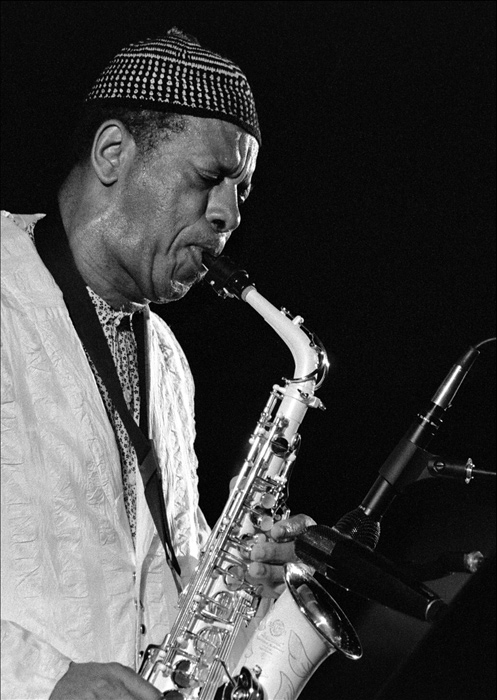|
Broadway Blues
"Broadway Blues" is a jazz/blues composition which has become a standard, composed by Ornette Coleman. It was composed in the key of E-flat major. "Broadway Blues" has been cited as a key work in the "Free Jazz Free jazz is an experimental approach to jazz improvisation that developed in the late 1950s and early 1960s when musicians attempted to change or break down jazz conventions, such as regular tempos, tones, and chord changes. Musicians during ..." movement which began in the 1960s, a "vehicle" of Coleman's that "offered a freer approach to improvisation than had been used in earlier jazz styles". References Jazz compositions in E-flat major Year of song missing {{1960s-jazz-composition-stub ... [...More Info...] [...Related Items...] OR: [Wikipedia] [Google] [Baidu] |
Ornette Coleman
Randolph Denard Ornette Coleman (March 9, 1930 – June 11, 2015) was an American jazz saxophonist, violinist, trumpeter, and composer known as a principal founder of the free jazz genre, a term derived from his 1960 album '' Free Jazz: A Collective Improvisation''. His pioneering performances often abandoned the chordal and harmony-based structure found in bebop, instead emphasizing a jarring and avant-garde approach to improvisation. AllMusic called him "one of the most important (and controversial) innovators of the jazz avant-garde". Born in Fort Worth, Texas, Coleman began his musical career playing in local R&B and bebop groups, and eventually formed his own group in Los Angeles featuring members such as Ed Blackwell, Don Cherry, Charlie Haden, and Billy Higgins. In 1959, he released the controversial album ''The Shape of Jazz to Come'' and began a long residency at the Five Spot jazz club in New York City. His 1960 album ''Free Jazz'' would profoundly influence the di ... [...More Info...] [...Related Items...] OR: [Wikipedia] [Google] [Baidu] |
Free Jazz
Free jazz is an experimental approach to jazz improvisation that developed in the late 1950s and early 1960s when musicians attempted to change or break down jazz conventions, such as regular tempos, tones, and chord changes. Musicians during this period believed that the bebop, hard bop, and modal jazz that had been played before them was too limiting. They became preoccupied with creating something new and exploring new directions. The term "free jazz" has often been combined with or substituted for the term "avant-garde jazz". Europeans tend to favor the term "free improvisation". Others have used "modern jazz", "creative music", and "art music". The ambiguity of free jazz presents problems of definition. Although it is usually played by small groups or individuals, free jazz big bands have existed. Although musicians and critics claim it is innovative and forward-looking, it draws on early styles of jazz and has been described as an attempt to return to primitive, often re ... [...More Info...] [...Related Items...] OR: [Wikipedia] [Google] [Baidu] |
Jazz Compositions In E-flat Major
Jazz is a music genre that originated in the African-American communities of New Orleans, Louisiana in the late 19th and early 20th centuries, with its roots in blues and ragtime. Since the 1920s Jazz Age, it has been recognized as a major form of musical expression in traditional and popular music. Jazz is characterized by swing and blue notes, complex chords, call and response vocals, polyrhythms and improvisation. Jazz has roots in European harmony and African rhythmic rituals. As jazz spread around the world, it drew on national, regional, and local musical cultures, which gave rise to different styles. New Orleans jazz began in the early 1910s, combining earlier brass band marches, French quadrilles, biguine, ragtime and blues with collective polyphonic improvisation. But jazz did not begin as a single musical tradition in New Orleans or elsewhere. In the 1930s, arranged dance-oriented swing big bands, Kansas City jazz (a hard-swinging, bluesy, improvisational style), ... [...More Info...] [...Related Items...] OR: [Wikipedia] [Google] [Baidu] |


